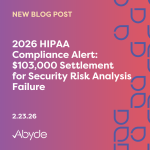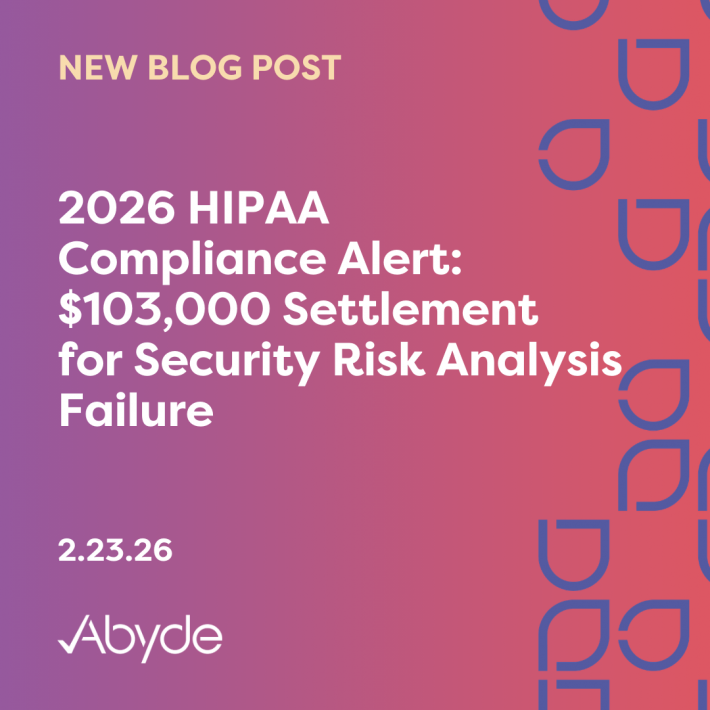April 18, 2024
Healthcare records can be pretty personal. That’s why it only makes sense that this Protected Health Information (PHI) needs to be secure, giving patients peace of mind.
That’s where The HIPAA Privacy Rule comes in.
While you already know that a patient’s health information shouldn’t be shared like the latest gossip, you might wonder what this broad rule actually entails.
Let’s uncover it together!
What is the Privacy Rule?
The HIPAA Privacy Rule establishes the standards to protect the privacy of PHI, limiting how information can be shared, and setting patients’ rights regarding their PHI.
HIPAA, and all of its rules, need to be followed by Covered Entities and Business Associates (BAs).
Now, let’s break that down.
Keep it Brief
Here’s a simple anecdote: When you’re ordering a pizza, you only give them your address and phone number, not your entire life story.
Well, that’s similar to this section of the Privacy Rule, but instead of a perfect, extra cheesy pizza, it’s medical information.
Within the Privacy Rule, there is the Minimum Necessary standard. As in the name, this means to only provide the minimum necessary PHI for an intended purpose. Sharing PHI needs to be for the benefit of the patient. This rule ensures healthcare providers only share the essential bits of your health information to get the job done.
However, there are a few times when the Minimum Necessary standard does not apply:
- Medical payments: Sharing a diagnosis to get the treatment costs covered with your insurance company.
- Treatment: Your doctor needs to know your health history for quality care.
- Public Health Activities: Reporting a contagious disease to help prevent its spread.
- Written Authorization: If you have written authorization to share specific PHI from a patient, then the Minimum Necessary Rule does not apply.
By providing limited PHI, you establish trust and confidence with your patient, knowing that their information is secure, and when it’s shared, it’s for an important reason.
Right to Medical Records
As a part of the Privacy Rule, patients have the right to their medical records. This is known as the Right of Access. HIPAA gives patients the key to their medical records.
This requires practices to give medical records to patients in a timely fashion, give patients the option to request to fix errors in the medical records, and copies of their records for free, or at a reasonable cost.
While HIPAA considers this ‘timely fashion’ to be within 30 days, some states are even sooner!
The Right of Access rule has been at the root of the past two OCR fines, highlighting the monetary penalty that can come with not providing patients (or authorized caretakers) medical records quickly.
How Abyde Can Help
Hopefully, we didn’t lose you after that HIPAA rundown!
That’s where Abyde can help. Abyde streamlines the compliance process, turning complicated legislation into intuitive software that keeps you in check when it comes to compliance. We even make the process easy. Our plethora of resources will keep you educated and on top of everything compliance.
To learn more about what your practice or business needs schedule an educational consultation today. Schedule here for Covered Entities and here for Business Associates.





